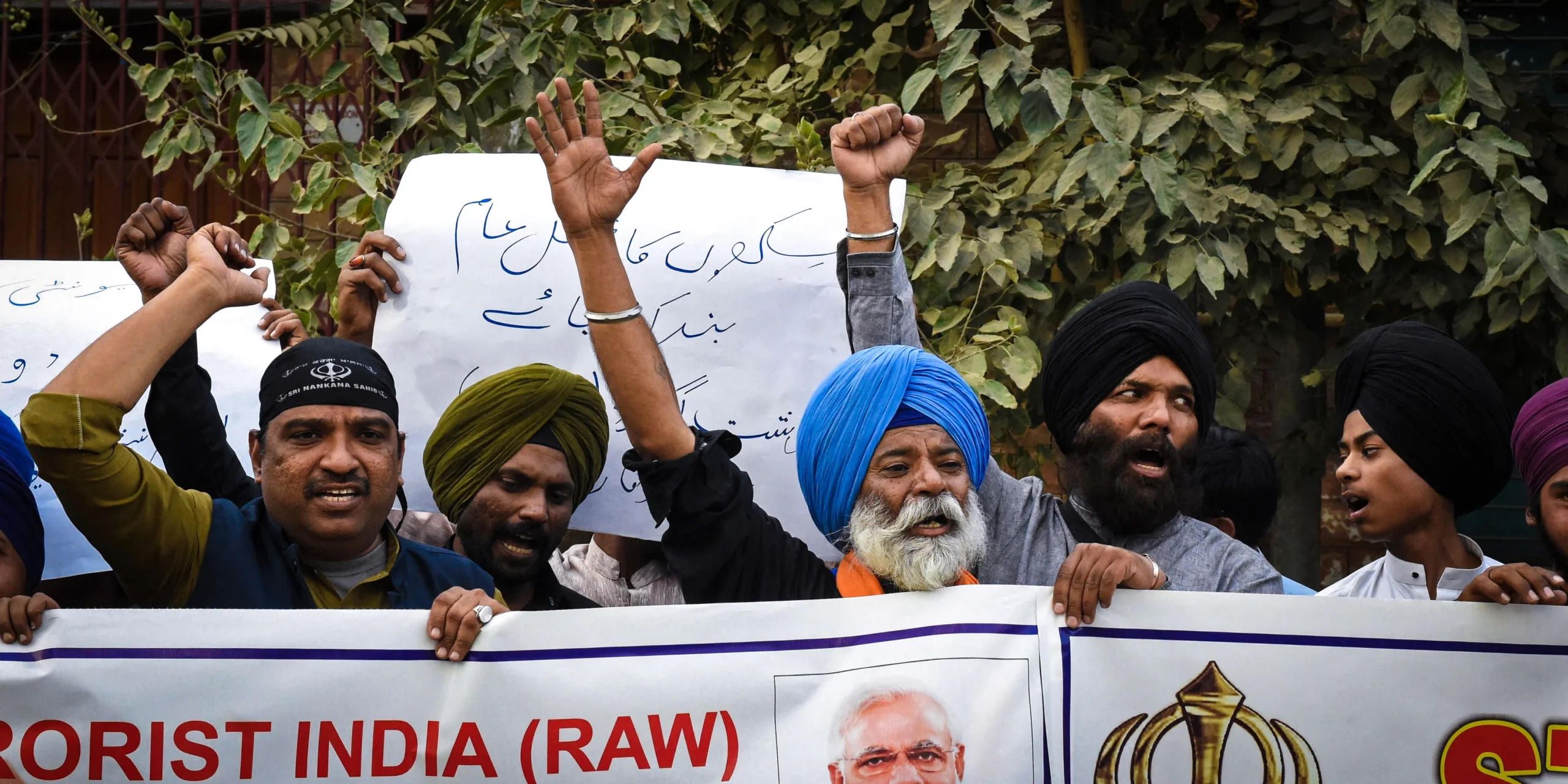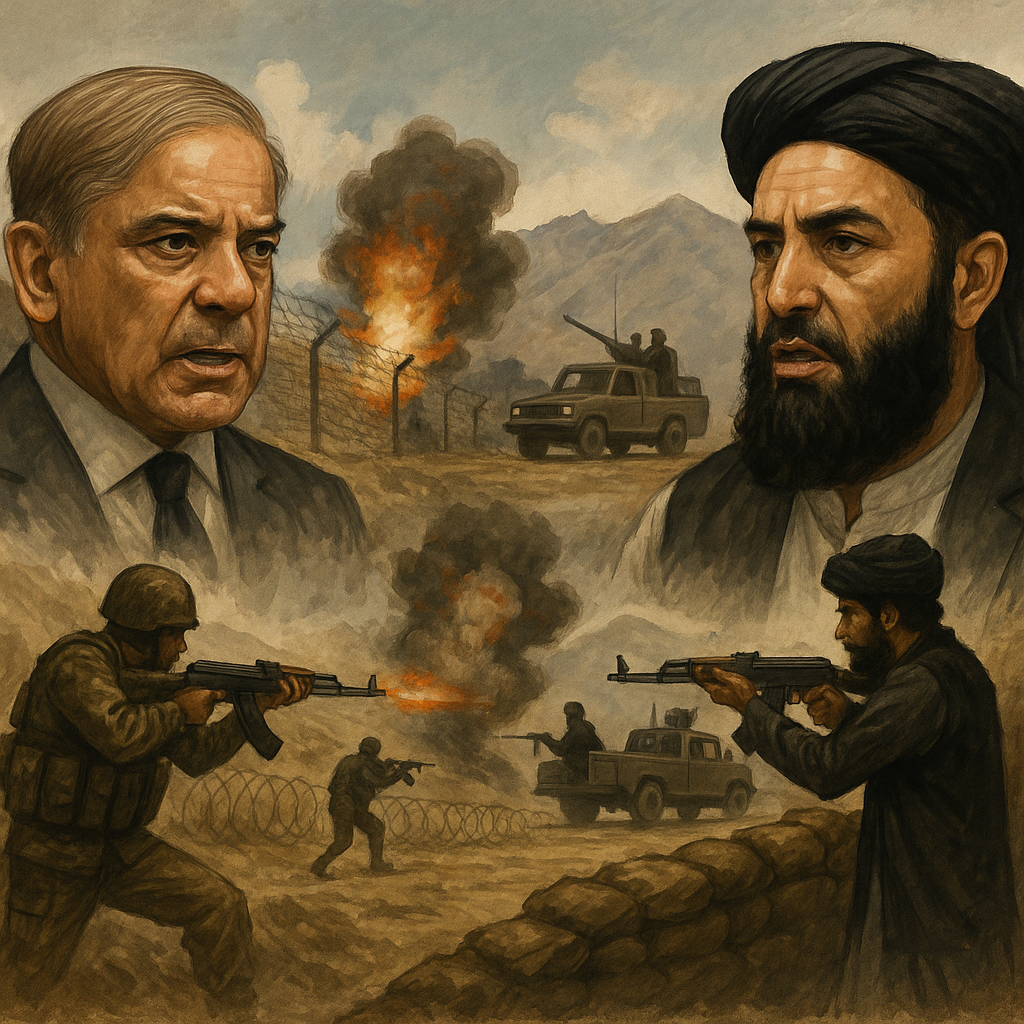Muhammad Atta Ullah Khan

Indian National Security Adviser Ajit Doval (80 years old) is under immense pressure from his boss, Prime Minister Modi, on one hand and the Indian public on the other, to produce credible evidence linking Pakistan, in one way or another, to the Pahalgam terrorist attack in IIOJK on April 22.
He was quick to “produce” a few slides showing technical evidence, including facial images of those purported to be involved in the Pahalgam incident.
This “evidence” was shared by the Indian Ministry of External Affairs with 100 diplomatic representatives of different countries based in New Delhi, wherein Indian Foreign Office officials tried to build a case for conducting a military operation against perpetrators allegedly hiding in AJK.
As the dust settles after a few days of the incident, Indian public and saner elements have started questioning Indian claims of Pakistan’s involvement.
Finally, the ball started rolling between the offices of the Indian Prime Minister and his NSA. Cabinet ministers put pressure on Modi to come up with credible information linking Pakistan—or otherwise—to quell public outrage.
According to journalistic circles, a few cabinet ministers expressed reservations about Ajit Doval’s ability to handle such issues, citing his fragile health.
AJIT DOVAL vs RAVI SINHA
Doval, under pressure from the PM Office, is seen passing the buck to Ravi Sinha (head of Indian intelligence agency RAW – Research and Analysis Wing).
Both Doval and Sinha have previously been praised by Modi for their successes targeting anti-India elements in Pakistan, Dubai, Canada, the US, and Europe through RAW’s “death squads”.
During these operations abroad, RAW neutralized a few individuals, and Modi was quick to vow that India would pursue all threats to its security.
However, RAW has failed to achieve the desired results from the Pahalgam false flag operation, and with every passing day, the Indian government is coming under pressure to offer clarity regarding the incident.
There are now signs that the Doval-Ravi partnership will either push the misguided Indian leadership to the brink of war with Pakistan, or they themselves will be made scapegoats for their failure to manage security in IIOJK.
The PM Office is demanding credible proof from NSA/RAW to formulate a post-Pahalgam policy. Yet, RAW remains clueless, visibly caught in its own trap.
WAR ROOM
RAW HQ in New Delhi is now operating round-the-clock, desperately “chasing and unearthing” proofs to convince both the Indian public and international players of Pakistan’s involvement.
Hectic meetings chaired by Doval and Ravi alternately are pushing RAW officers to present concrete evidence.
RAW operators have collected some technical material consisting of “facial shadows” and snippets of “telephonic conversations” (partially shown to diplomats), but they lack human intelligence evidence.
Secondly, even the available technical evidence does not conclusively link Pakistan to the Pahalgam incident.
RAW has now established a ‘war room’ to prepare a case for “limited” and “smart” precision operations inside AJK against so-called militant camps.
Inspired by Israeli actions in Gaza, Lebanon, Syria, US strikes in Yemen, and Turkish strikes against Kurdish militants, RAW believes the international environment grants tacit approval to such operations.
MODI IN DILEMA
Meanwhile, Doval-Ravi’s miscalculation has put Prime Minister Modi in a serious dilemma.
The NSA and spymaster team, previously celebrated for cross-border operations, have now become a liability for Modi.
His “chase terrorists to the last corner of the world” policy (clearly directed against Pakistan) has backfired, particularly after Pakistan’s Prime Minister demanded India produce credible evidence of Pakistani involvement in the Pahalgam attack.
OPTIONS AVAILABLE TO MODI GOVERNMENT
Facing immense domestic and international pressure, RAW has reportedly presented the following options to Prime Minister Modi:
a) Move three additional divisions of Indian troops to India-Pakistan borders over the next three months to assuage BJP voters.
b) Expand clandestine operations in AJK, increase firing at the LoC.
c) Conduct limited, calculated surgical strikes inside AJK, then assess Pakistan’s response. If escalation occurs, handle the situation like the Israel-Iran tit-for-tat exchanges.
d) Allocate additional funds to RAW to further destabilize Balochistan, forcing Pakistan’s military to spread its forces thin across eastern and western borders.
ASSESSMENT OF THE SITUATION AND WAY FORWARD
The cold war between Doval and Ravi is likely to intensify in coming days and weeks, as each tries to avoid blame for the ill-conceived Pahalgam operation.
Doval fears Modi, visibly shaken, may replace him with Ravi, while Ravi fears Doval’s closer access to the PM may lead to his own dismissal.
This silent tug of war is leading to confusion in Indian decision-making circles—an environment dangerous not only for Pakistan but disastrous for India itself.
A chaotic situation exists in New Delhi with a dearth of decisive leadership.
Pakistan has no option but to mobilize available resources, defend its territory, and take the international community into confidence about Indian designs.
Saudi Arabia and Iran have already offered to mediate, a gesture welcomed by Pakistan.
However, given the track record of a defiant Modi and his team of inept security advisors, famous for reckless cross-border actions, there are slim chances that India will genuinely pursue the path of peace.
The author is former Joint Director General Intelligence Bureau and geo-political analyst.
April 27, 2025


